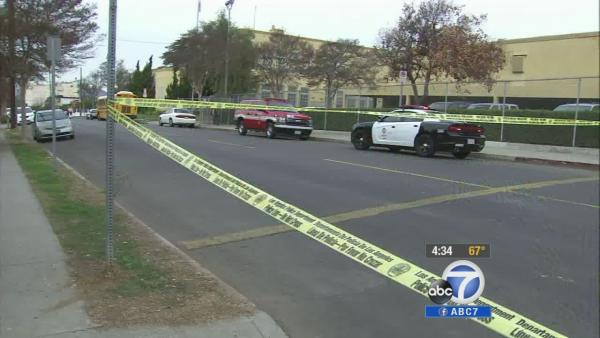Joyce Bill Focuses on Older Drivers
State Sen. Brian A. Joyce is filing a bill to require people over the age of 85 to pass a road test when they renew their license.
BOSTON – Eight years ago, a constituent told Sen. Brian A. Joyce, D-Milton, of her concerns about the driving of her elderly mother.
The call prompted Joyce to sponsor a law, passed in 2010, requiring people over 75 years old to take an eye exam and renew their driver’s license in person every five years.
Now Joyce is filing a bill to require people over the age of 85 to pass a road test when they renew their license.
“Prior to 2010, you’d take a driver’s test at 161/2 and then never again,” Joyce said. “This would strike most people as unwise.”
Joyce said he would accept a simulated road test, but he insists that something needs to be done.
“At 85, a great wealth of data suggests that there is a drop in cognitive and physical abilities and reactions,” Joyce said.
The Joint Committee on Transportation postponed a hearing on the bill following the snow cancellations Wednesday.
Joyce has received a large amount of negative blowback from constituents and advocacy groups since the bill was filed, but he insists it’s a pro-senior bill meant to protect everyone. He also supported legislation to restrict teenage driving, but didn’t face the voter wrath prompted by his current proposal.
Joyce said he understands how precious independence is to seniors but eventually most drivers must call it quits.
“My father was the best driver I ever knew, but there comes a point where we had to talk with him (about no longer driving).” Joyce said.
The AARP of Massachusetts declined to comment on the legislation. Joyce said the group has opposed the bill.
Mary Maguire, director of public and legislative affairs at AAA, said setting the law at age 85 is arbitrary. She also said many seniors drive more safely than younger drivers.
“We believe that driving ability is not a function of chronological age,” Maguire said. “Some people might be impaired at 45, so it’s hard to assign an arbitrary number to driving competency.”
Maguire said senior drivers police themselves by choosing to not drive at night, to not drive during rush hour, and to drive more slowly. She said younger drivers are the highest risk because of a lack of experience and judgment.
“Drivers of all ages should be working to sharpen their driving skills because it’s the most dangerous thing we do on a daily basis,” Maguire said.
Elizabeth Dugan, an associate professor of gerontology at the University of Massachusetts-Boston, also disagrees with the bill.
“Our society is aging and we’ll adapt,” Dugan said. “Just as elders check their blood pressure and weight, they’ll check their driving ability.”
Joyce remains confident that the bill will pass despite the opposition.
“It’s beyond commonsensical that we have to ensure people are safe,” Joyce said. “Eventually this too shall pass.”
Source: The Enterprise

